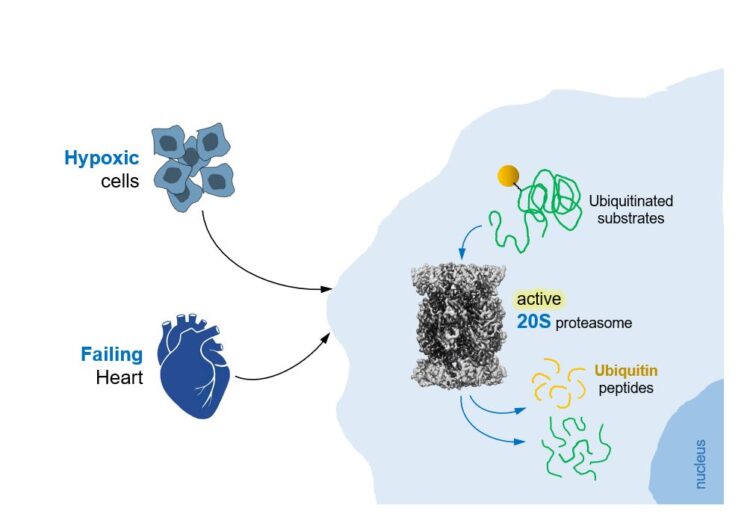Glickman Lab Summer Project
The importance of cellular protein recycling
Could you imagine if nothing is thrown out, yet never recycled? Garbage would pile up until the ensuing clutter would be devastating. That is what happens in cells; all proteins are continuously broken down and recycled into amino acids, only to be rebuilt again as needed.
The Glickman lab at the Technion studies how myriad cellular proteins are selected for removal in order to maintain biological regulation. What are the cues that specify which proteins are unneeded, superfluous, spent, or damaged? How are they selected, and how are they proteolyzed? What is the link to mitochondrial respiration, insufficient oxygen (hypoxia), or the presence of oxygen radicals? How is this related to aging, and why are neurons particularly sensitive to inefficient protein turnover? The Glickman lab has a number of ongoing projects studying the ubiquitin-proteasome pathway for protein degradation.

During the summer we invite you to participate in the following project:
The Basics of Protein Isolation and characterization.
The prerequisite to meaningful research on proteins is the ability to isolate proteins from within the cellular milieu.
As part of an exciting ongoing project that studies the proteasome, a nanoscale protein machine made up of tens of different proteins, we are isolating specific protein subunits, designing mutants forms, and mixing and matching, to learn the role of each component.







